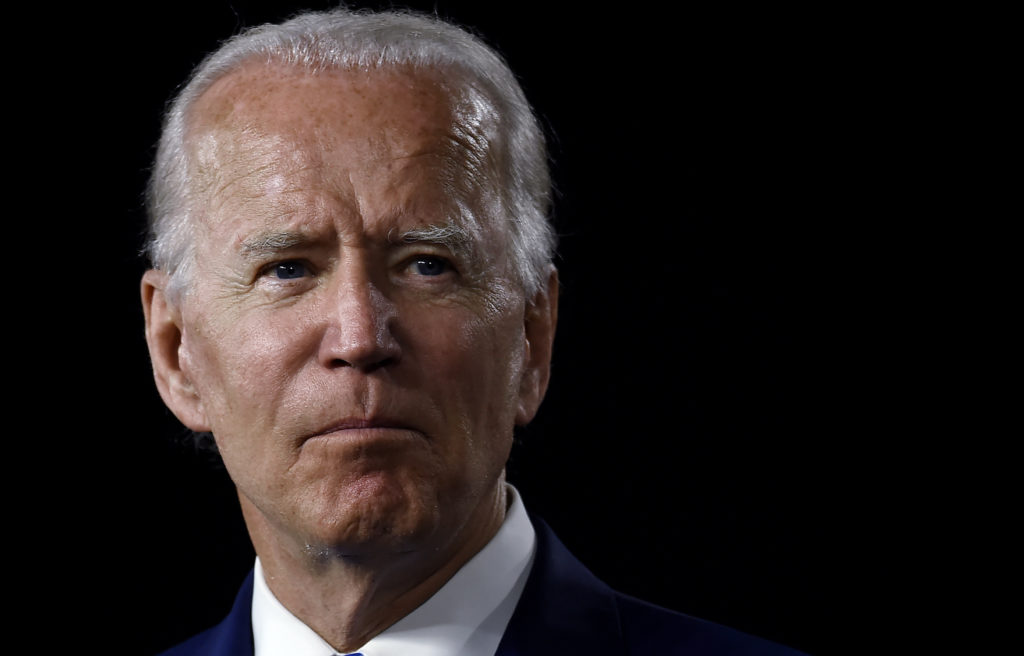The right thing to do

When President Lyndon Johnson nominated Thurgood Marshall to the U.S. Supreme Court on June 13, 1967, he declared that it was “the right thing to do, the right time to do it, the right man, and the right place.” Although Marshall would soon make history as the first Black person to serve on the Supreme Court, Johnson pointed out that Marshall “has already earned his place in history.”
Johnson knew that Marshall was extraordinarily qualified for the Supreme Court no matter what his race. He made sure to drive this point home, reciting Marshall’s impressive resume. After graduating first in his class at Howard University Law School, Marshall became the NAACP’s chief litigator and later sat on the Second Circuit Court of Appeals. (The courthouse in Lower Manhattan today bears Marshall’s name.)
Johnson also pointed out that Marshall, who served as a U.S. solicitor general, was “probably only” one of “one or two other living men” and “perhaps less than half a dozen in all the history of the nation” who have argued so many cases before the Supreme Court. Overcoming opposition, Marshall was handily confirmed by a 69-11 vote in the Senate, then sworn in by Justice Hugo Black, a former Ku Klux Klan member.
With Justice Stephen Breyer’s announced retirement, President Joe Biden aims to fulfill a campaign promise by nominating an individual who would become the first Black woman to serve on the Supreme Court. There is no doubt that Biden, like Johnson, would only nominate highly qualified people, regardless of what their race or gender happens to be.
As a case in point, Biden just announced his nomination of Stephanie Dawkins Davis for the Sixth Circuit Court of Appeals. In a statement, the White House notes that Davis, who is “extraordinarily qualified, experienced, and devoted to the rule of law and our Constitution,” would become “the first Black woman to serve on the Sixth Circuit from Michigan and only the second Black woman to serve on the Sixth Circuit.”
Davis is Biden’s 84th nominee since taking office a little over a year ago. With each announcement of a new qualified nominee, the White House takes care to reaffirm the Biden administration’s commitment to “ensure that the nation’s courts reflect the diversity that is one of our greatest assets as a country—both in terms of personal and professional backgrounds.”
Regarding Biden’s upcoming Supreme Court pick, White House Press Secretary Jen Psaki recently told reporters that Biden “will choose and nominate someone who has impeccable credentials and is eminently qualified.” She then emphasized that “there’s no question in his mind that there is a wealth of qualified, talented Black women to choose from.” Look out for Biden’s historic and exciting announcement by the end of this month.

Ron Leshnower is a lawyer and the author of several books, including President Trump’s Month
